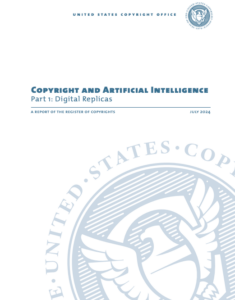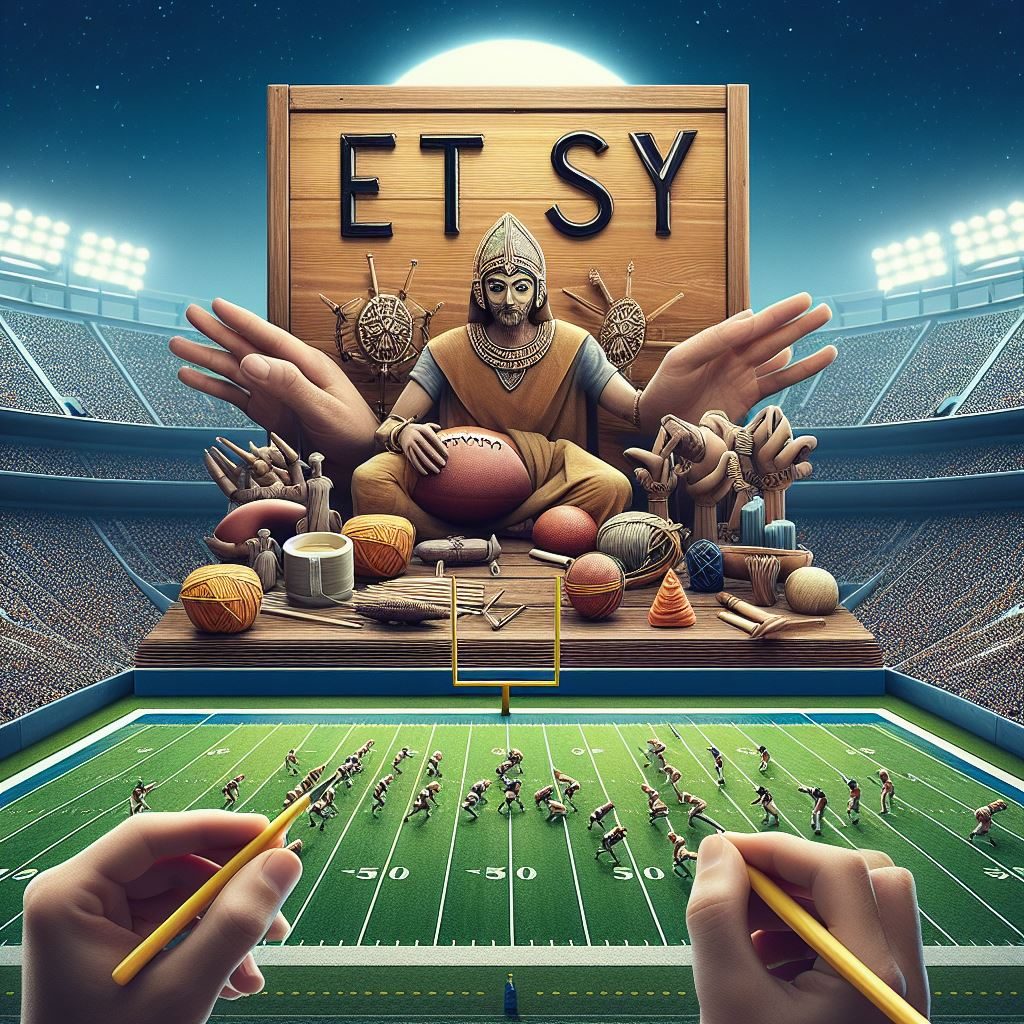The U.S. Copyright Office has released the first section of its artificial intelligence report addressing digital replicas. The section recommends a new federal law to protect the unauthorized distribution of digital replicas and deepfakes.
The recommendation follows concerns over videos, images, and audio recordings created or altered using AI to falsely represent someone, which can damage their reputation and livelihoods.
Shira Perlmutter, Register of Copyrights and Director at the U.S. Copyright Office, stressed the need for immediate national protection against these dangers. She said
“It has become clear that the distribution of unauthorized digital replicas poses a serious threat not only in the entertainment and political arenas but also for private citizens. We believe there is an urgent need for effective nationwide protection against the harms that can be caused to reputations and livelihoods.”
U.S. Copyright Office urges Congress to fill legal gaps in AI copyright
The report highlights legal challenges brought about by the rise of digital replicas and gaps within the current legal frameworks. The Copyright Office of the United States has recommended that Congress consider enacting a new federal law aimed at the intentional distribution of such unapproved digital creations. This will safeguard people’s rights from being violated through their images or personal data in digital forms.
From early 2023, copyright laws concerning AI have been under investigation by The Copyright Office of the US. As part of this endeavor, they held public sessions where people were allowed to air their views through webinars, among other methods, such as consultations with different stakeholders and experts.
In addition, more than 10,000 comments were received after an inquiry notice was published, indicating how deeply concerned members were about these matters affecting them directly or indirectly. This comprehensive approach was aimed at ensuring that the new regulations are well-informed and effectively address the complexities of AI and copyright.
However, the release of Part 1 is just a starting point. Future sections will go into deeper detail about other important points such as the copyrightability of AI-generated materials, the legal implications of using copyrighted materials for AI models training and liability considerations for licensing them. These are increasingly relevant areas because machines are getting better at creating content that closely resembles works made by humans.





